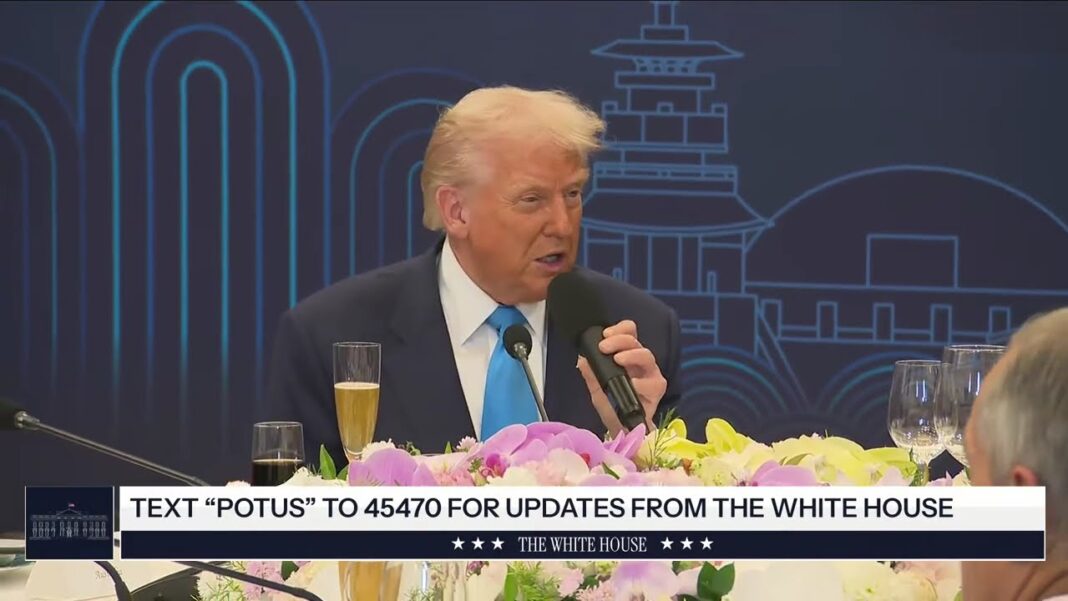The federal government’s food stamp program is slated to pause because of the government shutdown.
Virginia is launching a state food stamp program as the federal program, known as SNAP, faces a pause unless Congress ends the government shutdown and approves new funding.
The Virginia Emergency Nutrition Assistance program will provide food aid to SNAP recipients by placing money on the same electronic benefit transfer card they typically use to receive federal benefits, Gov. Glenn Youngkin’s office said in an Oct. 28 statement.
The state benefits will be issued weekly rather than monthly “in hopes the federal shutdown will end soon,” the office stated.
As an example, a family that usually receives $200 a month from SNAP should expect to receive $50 each week through the Virginia program.
Beneficiaries who usually receive SNAP benefits on the first of the month will receive the state funds on Monday each week. Households that receive SNAP benefits on the fourth of each month will receive them on Wednesday each week. People who receive SNAP benefits on the seventh of each month will receive them on Friday each week.
“The Virginia Emergency Nutrition Assistance effort will be very similar to SNAP–but is a complex, challenging solution,” Youngkin said. “However, we must ensure our most vulnerable Virginians are not without basic nutrition.”
The U.S. Department of Agriculture, which runs SNAP, has said that benefits will not go out starting Nov. 1 unless Congress clears fresh funding. About 42 million Americans participate in SNAP.
The new Virginia program was made available by Youngkin’s recent emergency declaration ahead of the deadline, officials said.
Youngkin, a Republican, called on Sens. Mark Warner (D-Va.) and Tim Kaine (D-Va.) to vote in favor of legislation that would reopen the federal government.
The House of Representatives recently passed a stopgap funding measure, but it fell short in the Senate on Tuesday as Warner, Kaine, and most Democrats voted no.
Republicans control both chambers, but 53 senators are Republican and approval requires 60 votes.
Democrats want health care proposals, including a continuation of enhanced Affordable Care Act subsidies, included in funding bills, while Republicans have been favoring bills that extend the most recent funding levels.







